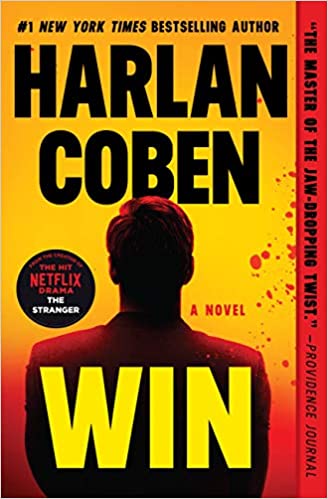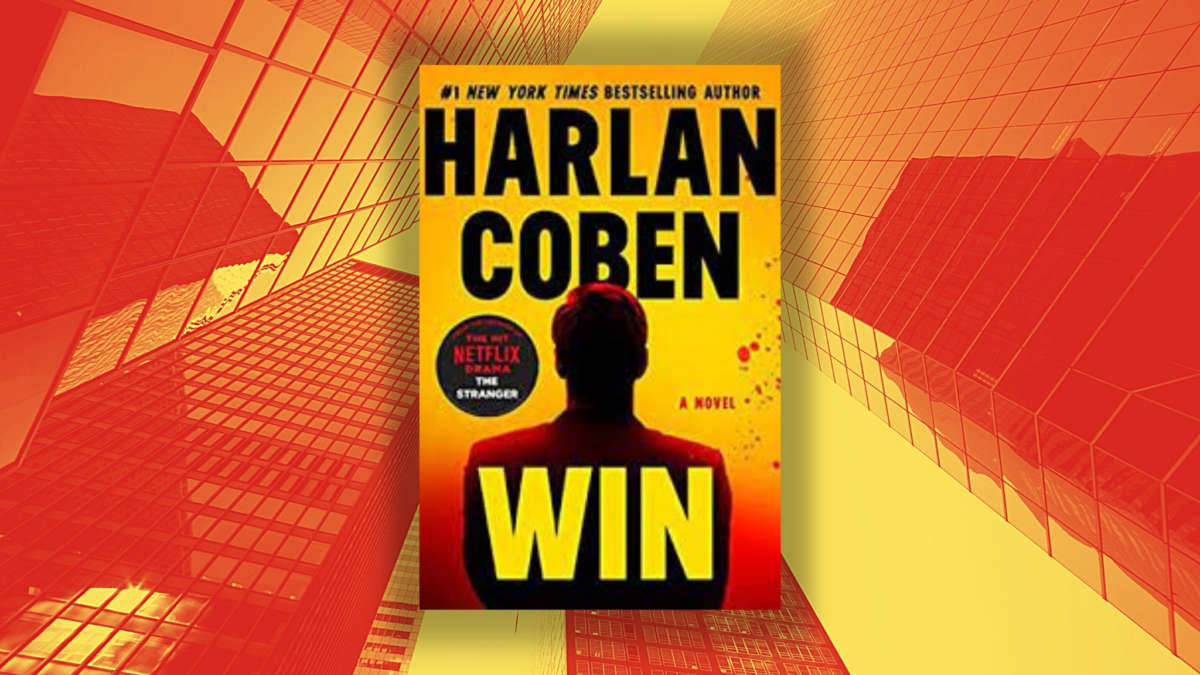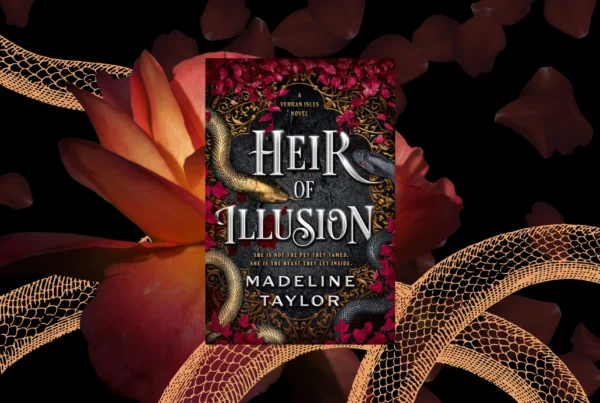Win by Harlan Coben
Better yet, Google could just define it with the name “Windsor Horne Lockwood III.”
Lockwood operates differently than most of the rest of us. He’s an almost-sociopathic son of privilege whose brains, brawn and wealth make him a one-percenter who pretty much does what he pleases. In Harlan Coben’s latest thriller, Lockwood takes center stage, and his nickname provides the title: Win (Grand Central Publishing).
MYRON BOLITAR SERIES SPINS OFF AN ANTIHERO
Coben fans will particularly appreciate the author’s decision to frame a tale around Win. He’s best known as the friend of sports agent Myron Bolitar, the character who established Coben as one of the great contemporary masters of mysteries and has since led to 31 novels (12 of them in the series), more than 70 million books sold and multiple television projects, both traditional and for streaming.
Win is a classically Coben stew of crafty plot twists, fast-moving action and witty dialogue. Great stories also require rich and interesting characters, and that’s where Coben excels. Consider this: Win Lockwood is a supplemental character so important and interesting that he has his own Wikipedia entry. He thinks like a brilliant police detective, attacks with the strength of an NFL tight end and shows no hesitation to operate outside the rules most of us play by, whether it comes to exacting vengeance or seeking sexual adventures with consenting adults.
As damning and weird as that sounds, Coben quickly shows us that Win also has ethical boundaries and standards; in some deep place, he wants to be a good person, unlike some of the true sociopaths in our midst. It’s just on his own terms and in all his antihero glory.
FAMILY SECRETS, STOLEN ART AND A BAND OF ‘60s RADICALS
A recluse is found murdered in a penthouse apartment on New York’s Upper West Side. Two noteworthy objects immediately bring the authorities to Win and his family; a hugely valuable Vermeer painting and a leather suitcase, both of which have been missing for years from the Lockwood family estate.
This is a family that proves great wealth can’t heal major wounds, particularly those involving Win’s cousin, Patricia Lockwood. She was abducted during a robbery of her family’s home more than 20 years ago that resulted in the murder of her father, whose own secret past estranged him from Win’s parents. Patricia was locked inside an isolated cabin and assaulted repeatedly for months before she escaped. Her captors were never caught, and the stolen items remained missing until the Vermeer appeared in the dead man’s apartment. This also makes Win or others in his family potential suspects.
Win has no idea how these items landed in the luxury apartment, but he’s determined to find out. The glue that binds these disparate events is the Jane Street Six, a ‘60s-era radical group of six New York City college students — four men and two women — whose protests went horribly wrong.
“The group claimed they never wanted to hurt anyone. It was just going to be property damage,” Win’s FBI agent friend, PT, tells him. “That’s why they threw the Molotovs late at night when they knew Freedom Hall would be empty.”
Instead, one of the throws hit a telephone pole and the sparking wires distracted a bus driver who plunged into the East River. The occupants drowned, and the Jane Street Six disappeared. Does the body in the apartment provide a clue to the Jane Street Six, particularly missing radical members Ry Strauss and Arlo Sugarman? PT, who totes his own guilt from his role in the case 20 years ago, tacitly gives Win the license to answer those questions outside the FBI’s normal lines.
Along the way, Win discovers that to solve the mysteries of the Jane Street Six he must peel back years of coverups in his own family and try to protect the few people dear to him.
Can the antihero become a hero after all? Win answers that question in surprising and satisfying ways.





